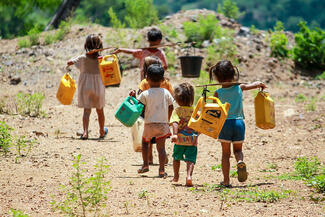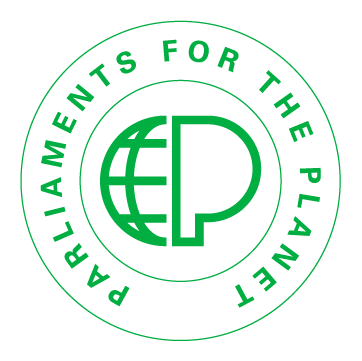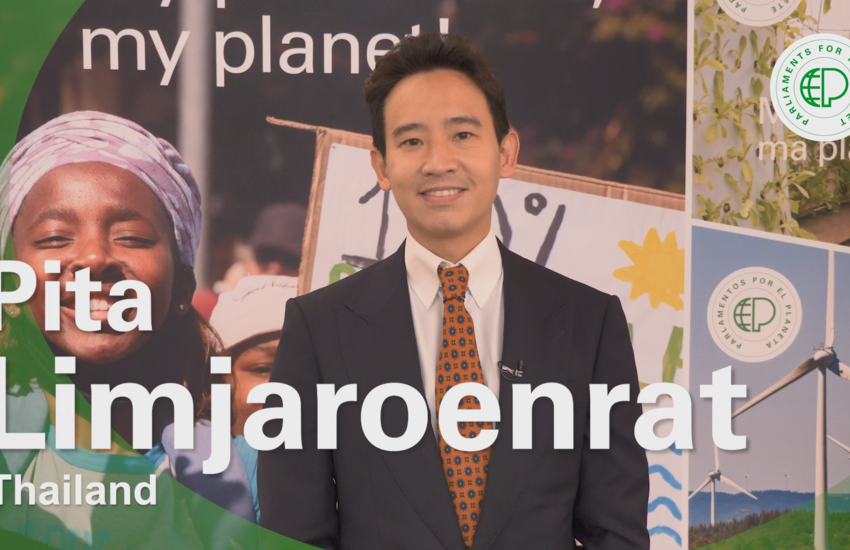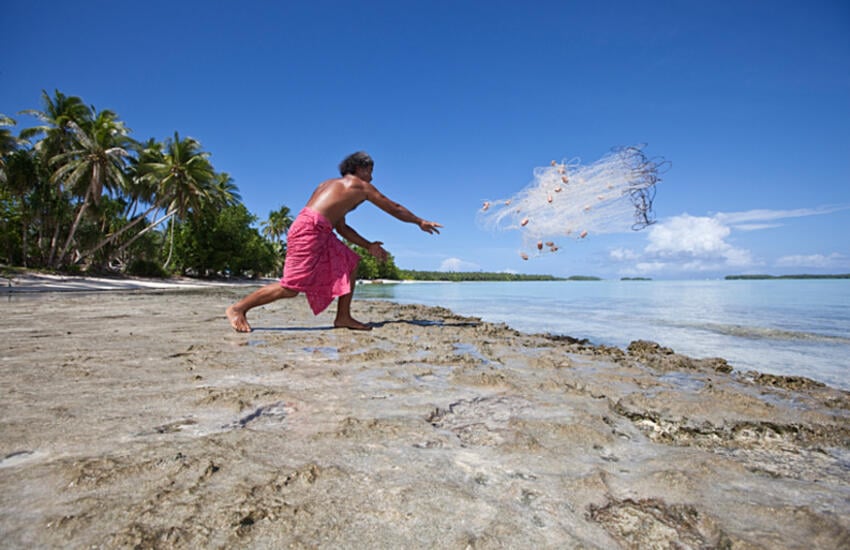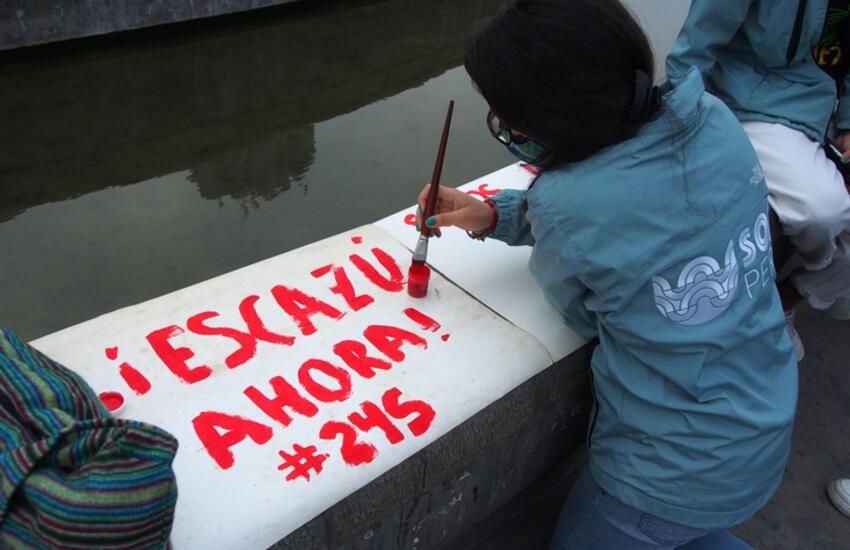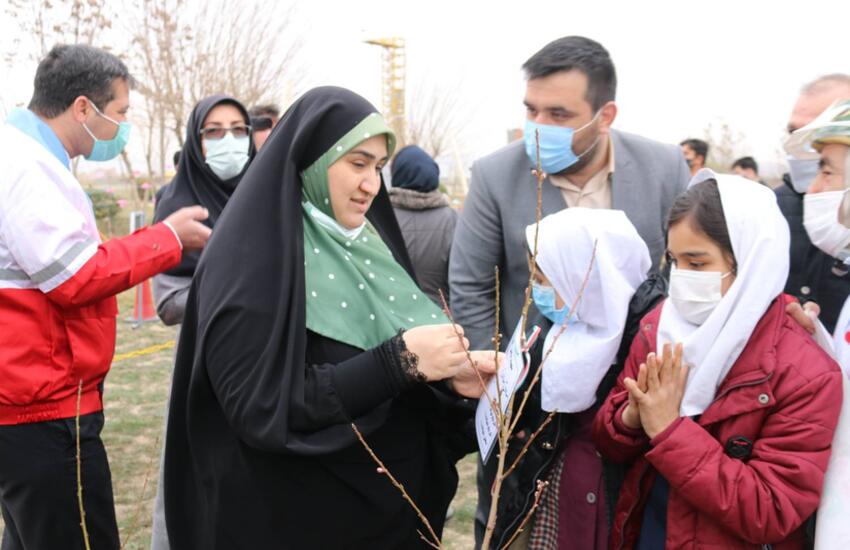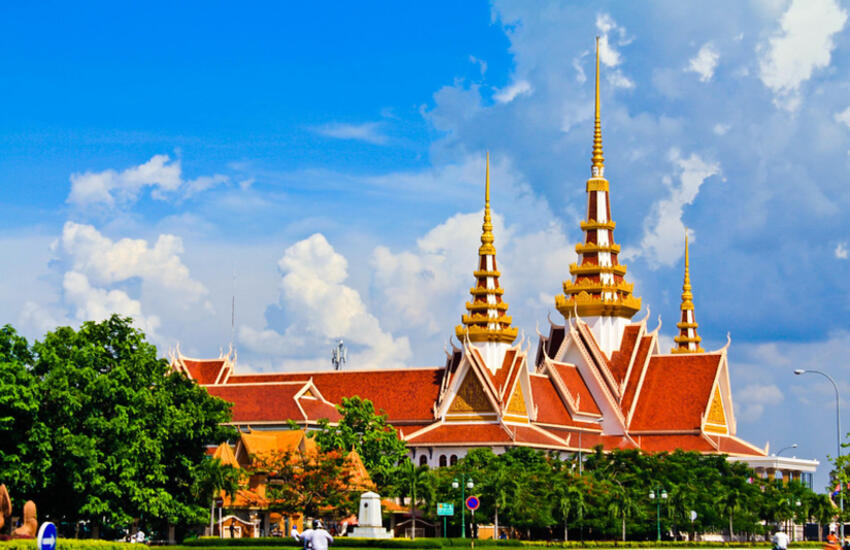By John Oldfield
The Universal Declaration of Human Rights, proclaimed by the United Nations in 1948, envisions “a world in which human beings shall enjoy freedom of speech and belief and freedom from fear and want”.
It is the vision of a world living in “freedom from fear” and “freedom from want” that inspires and informs my work on water security with parliaments across the globe. It is heartbreaking to contrast that 1948 vision with the fact that hundreds of millions of people across Africa, Asia, Latin America, the Middle East and even the United States live day-to-day with want and fear that should be unfathomable in 2024.
Water security is pivotal to global health, food security, climate resilience, education, gender equity, economic productivity and more – one cannot name a need not connected to water. There is no substitute for access to safe water; it is not fungible. Water was finally recognized as a basic human right by the UN in 2010, and it is increasingly enshrined as a right in constitutions across the globe. Yet every day millions wake to a day without it.
Across the globe, Water Ministers are often the guest speakers in high-level sector convenings, and they say they very much want to accelerate water progress in their countries and communities. However, those ministers often have their hands tied by weak laws, frail and poorly enforced regulations, and inadequate budgets, especially for the most marginalized communities in their countries, most notably poor, rural women.
Ultimately, elected officials are responsible for making the human right to water a reality in each country. These elected officials – in parliaments, state houses, and city and village councils – are the ones charged with writing and passing the legislation and budgets pivotal to accelerating water security. Using human rights parlance, they are responsible for the “progressive realization” of the human right to water security. However, those legislators are under-prioritized by stakeholders in the water sector: they are seldom invited to “water meetings” and too infrequently sought out by water advocacy groups. That is true country-by-country, province-by-province and municipality-by-municipality.
Members of parliament from eight African countries recently convened to discuss exactly these challenges, and what more they can do as senior elected officials to accelerate progress on water security in their respective countries and across the African continent. These members of parliament – and their peers from many other countries – are looking at establishing Water Caucuses in their respective legislative bodies as one path forward. The concept of a Parliamentary Caucus (alternatively known as a Parliamentary Forum, Network or Action Group) is proven. Members of a Parliamentary Caucus engage in multi-partisan advocacy within parliament, urging fellow deputies to prioritize legislation and budgets, often with a focus on the most vulnerable communities and households. Many parliaments already have caucuses for issues such as gender, climate and health. But underlying the solutions to all those issues is access to safe and sustainable water.
The IPU hosted an event in early 2023 (during the UN 2023 Water Conference) including members of parliament from Chad, Mexico, South Sudan and Uganda. The rationale for establishing a Parliamentary Water Caucus in each country was made clear: the legislative branch drafts and votes for laws and passes budgets that increase water security for each constituency. Former US legislator Tip O’Neill once said: “All politics is local,” and the same truth holds for water. Legislators in each country represent the citizenry – and it is the local citizenry who are best placed to understand the water problems facing their communities, and the solutions that are sustainable in technical, financial, environmental and sociocultural terms.
Though the world faces a “global water challenge”, there is no such thing as a one-size-fits-all “global water solution”. Some countries have too much water, some have too little, and some suffer from both at different times of the year or in different geographies. Some water is contaminated by organic and inorganic pollutants. Climate change directly impacts water quantity and quality, as does infrastructure reliability. Climate change is a shark, and water is its teeth, says the ”bumper sticker”. Making key institutions such as health care facilities, schools and farmland more resilient to climate change and its varied implications for water security requires more forward-looking laws and budgets. Parliamentary Water Caucuses can convene experts and stakeholders from health, education, climate, gender, environment and related sectors to come up with tailored legislative solutions.
To meet these varied challenges across a country, parliamentarians across the IPU’s membership strongly advise that Caucus Members represent multiple political parties and different Committees and Commissions (e.g. health, infrastructure, education, environment). Membership should also include a healthy balance of male and female legislators, and members from rural and urban districts.
Some parliaments have already taken the step to create a water caucus, notably Uganda’s Parliamentary Forum on Water, Sanitation and Hygiene, featured in The Parliamentarian. That Forum has been instrumental in making relevant legislation more inclusive of water security, passing new laws, strengthening the Ugandan regulatory environment, streamlining coordination with the international donor community, and increasing the domestic budgets for water over the years. Caucuses are growing in Burkina Faso, Chad, Senegal, the United States, the United Kingdom and elsewhere, and are currently being launched in Burundi, Kenya, Nigeria, Pakistan, South Sudan, Tanzania and many other countries.
Parliamentary Water Caucuses have the potential to support concerted legislative actions to accelerate progress on water security that codify the progressive realization of the human right to water, with the help of an active civil society and a competent, committed water ministry. This whole-of-society approach to water challenges, with senior elected officials in the driver’s seat, can bring the world closer to living free from want and free from fear.
About the author:
John Oldfield is the CEO of Accelerate Global in Washington DC, and former Managing Principal of Global Water 2020, a non-profit advocacy group. He is advising parliaments across the globe, including many IPU Member Parliaments, on how to launch and strengthen parliamentary water caucuses.
Save the date for the forthcoming Parliamentary Meeting on the occasion of the 10th World Water Forum, co-organized by the Indonesian House of Representatives and the IPU, which will be held from 19-22 May 2024 in Nusa Dua, Bali, Indonesia.
The views and opinions expressed by parliamentarians or experts in our Voices section are their own and do not necessarily reflect the IPU’s position.
Find out more about the IPU’s climate campaign Parliaments for the Planet.





